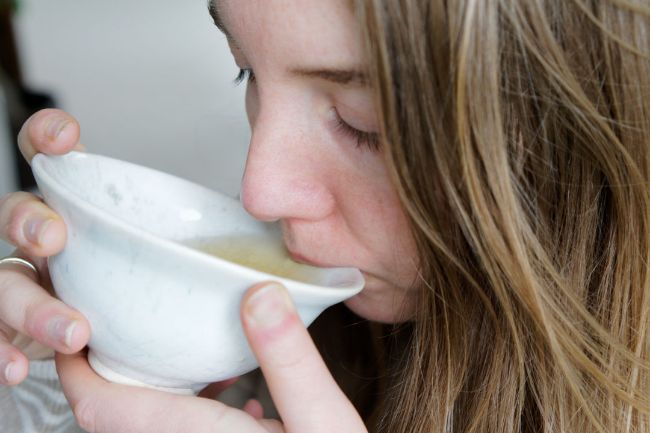
How much caffeine content is in white tea?
The caffeine content of tea can vary drastically depending upon several factors1 including natural variation within the plant, processing techniques, leaf-grade, the water temperature and the amount of plant material used to prepare the tea.
Ultimately, different types of tea will contain different amounts of caffeine.
What is white tea?
White tea refers to a specific style of tea which is typically made from the younger leaves and buds of the Camellia sinensis plant. This type of tea originates from the Fujian province of China using only simple processing methods such as wilting and air-drying. The result of this processing style is a distinctly delicate and floral flavor profile which remains true to the plant’s natural character. It isn't steamed or pan-fried, which are processing techniques often applied to green tea.
This type of tea is most commonly sold in loose-leaf form and although you probably won't find this type of tea rolled into curious shapes such as with some styles of oolong tea, it is occasionally pressed into round cake-shaped discs for aging purposes, which can transform the tea's flavor into something darker, less floral, and more honey-like.
In ancient China, tea was revered for it's immense health benefits and was often given as an imperial tribute to Chinese emperors of the era. It was also well-known for it's potent stimulating effects, which today we know is due to its caffeine content.
"Tea tempers the spirit, harmonizes the mind, dispels lassitude and relieves fatigue, awakens the thought and prevents drowsiness."
- Lu Yu, The Classic Art of Tea
Caffeine in white tea
While the caffeine content on white tea varies based on processing methods used, you can still reduce the caffeine content by shortening the steep time to 5 minutes or less using water that is no hotter than 90°C (194°F)3. This will help to decrease the amount of caffeine that is extracted from the tea leaves into the water. Studies have shown that steeping tea for longer than 5 to 7 minutes or using hotter water can dramatically increase its caffeine content.
It's also thought that the original Fujian white tea cultivars may contain less caffeine than many of its worldly counterparts, so if this is a concern of yours, then keep the origin of the tea in mind while making a purchase.
That being said, all true tea naturally contains caffeine, so if you're looking to avoid caffeine, then you could select a decaffeinated tea or a tisane (herbal tea) instead. Be aware that decaffeinated tea can still contain trace amounts of caffeine.
Are you looking for white tea?
If you're looking for a reputable place to purchase white tea, we do offer these products for sale on our website.
We recommend our Moonlight White tea (also known as Yue Guang Bai) or check out our white tea category.
Hugs,
Admar
.png)

